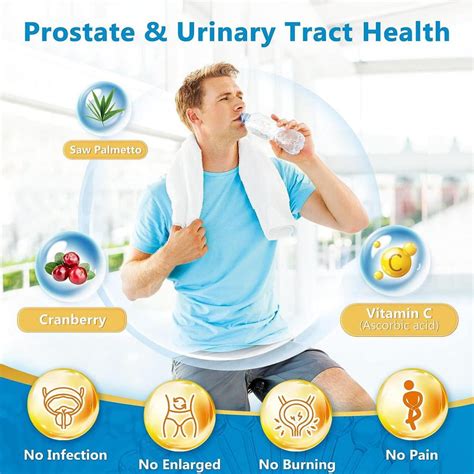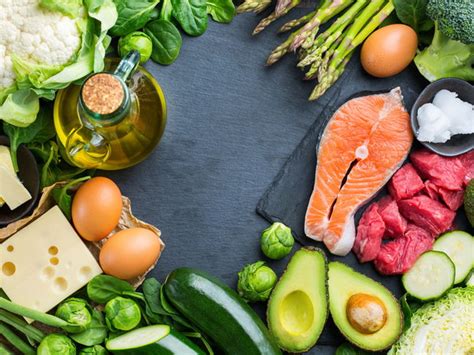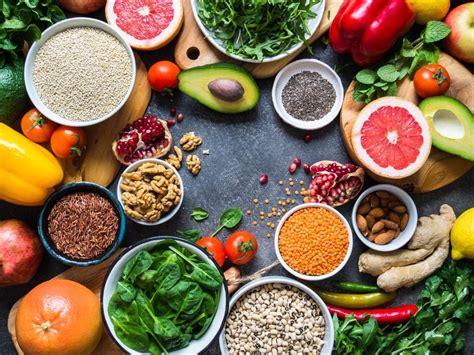What specific dietary recommendations are often made for men to support prostate health as they age?

Understanding Prostate Health Through Diet
As men mature, maintaining optimal prostate health becomes an increasingly important aspect of overall well-being. The prostate, a small gland located below the bladder, can be susceptible to various conditions, including benign prostatic hyperplasia (BPH) and prostate cancer. While genetics and lifestyle factors play a significant role, numerous studies suggest that diet is a powerful tool in supporting prostate health and potentially mitigating risk factors as men age.
Incorporating specific foods and limiting others can contribute to a healthier prostate environment, supporting its function and potentially reducing inflammation or abnormal cell growth. Let’s explore the key dietary recommendations often made for this purpose.

Embrace Lycopene-Rich Foods
One of the most widely recognized dietary components for prostate health is lycopene, a potent antioxidant found in red fruits and vegetables. Tomatoes, especially cooked or processed forms like tomato paste, sauce, and juice, are exceptional sources. Cooking tomatoes helps to release lycopene, making it more bioavailable to the body. Studies have linked higher consumption of lycopene to a reduced risk of prostate cancer.
Beyond tomatoes, other lycopene-rich foods include watermelon, pink grapefruit, and guava. Regularly incorporating these into your diet can provide a significant antioxidant boost.
Prioritize Cruciferous Vegetables
Vegetables like broccoli, cauliflower, cabbage, Brussels sprouts, and kale are powerhouses of nutrients, including sulforaphane and indole-3-carbinol. These compounds are known for their anti-cancer properties, helping to detoxify harmful substances and potentially inhibit the growth of cancer cells, including those in the prostate. Aim for several servings of these vegetables each week, whether raw, steamed, or lightly sautéed.

Integrate Healthy Fats and Omega-3 Fatty Acids
Replacing unhealthy saturated and trans fats with healthy fats is crucial. Foods rich in omega-3 fatty acids, such as fatty fish (salmon, mackerel, sardines), flaxseeds, chia seeds, and walnuts, are highly recommended. Omega-3s possess anti-inflammatory properties that can help reduce inflammation in the prostate, which is a factor in conditions like chronic prostatitis and may play a role in BPH and prostate cancer progression.
Monounsaturated fats found in olive oil, avocados, and nuts also contribute to overall heart and prostate health.
Boost Your Zinc and Selenium Intake
Minerals like zinc and selenium are essential for prostate health. Zinc is found in high concentrations in the prostate gland and plays a role in its normal function and immune response. Good sources include oysters, lean beef, pumpkin seeds, and beans. Selenium, a powerful antioxidant, may help protect cells from damage and has been studied for its potential role in reducing prostate cancer risk. Brazil nuts are an excellent source, along with seafood, lean meats, and whole grains.

Choose Plant-Based Proteins and Whole Grains
While not strictly excluding lean meats, shifting towards more plant-based protein sources like legumes (beans, lentils), tofu, and nuts can be beneficial. A diet high in red and processed meats has been linked to an increased risk of prostate cancer. Similarly, opting for whole grains over refined grains provides more fiber, vitamins, and minerals, which support overall health and may help regulate hormones that influence prostate health.
Limit Red and Processed Meats, Dairy, and Sugary Drinks
Conversely, some foods are often recommended to be limited or avoided. High consumption of red meat (especially grilled or well-done) and processed meats has been associated with an increased risk of prostate cancer. Some research also suggests a link between high dairy intake and an elevated risk, although more studies are needed to confirm this definitively. Additionally, minimizing sugary drinks and highly processed foods helps to reduce inflammation and maintain a healthy weight, both of which are beneficial for prostate health.

Stay Hydrated
Drinking plenty of water throughout the day is a simple yet effective recommendation. Adequate hydration helps to flush toxins from the body and maintain urinary tract health, which is directly linked to prostate function. Avoiding excessive caffeine and alcohol, especially if experiencing urinary symptoms, can also be beneficial.
Conclusion: A Holistic Approach
Supporting prostate health as men age involves a multifaceted dietary approach. By focusing on a diet rich in fruits, vegetables, healthy fats, and lean proteins, and by limiting processed foods, red meats, and excessive sugars, men can significantly contribute to the health and longevity of their prostate. These dietary recommendations, combined with regular exercise and routine medical check-ups, form a robust strategy for maintaining prostate wellness and overall vitality.









